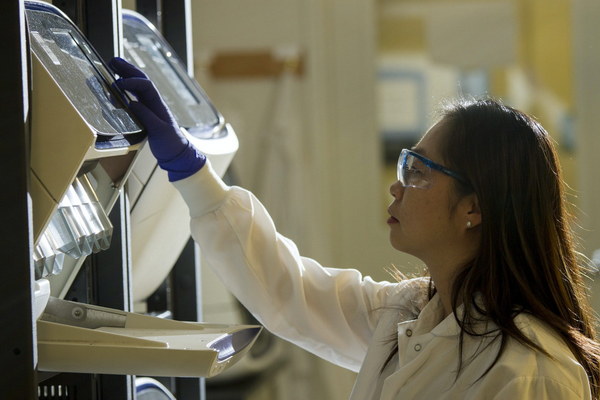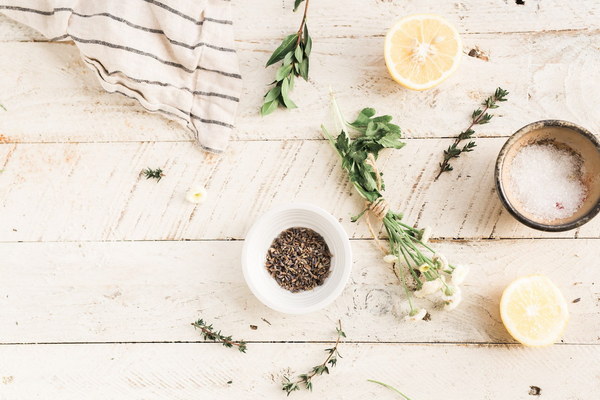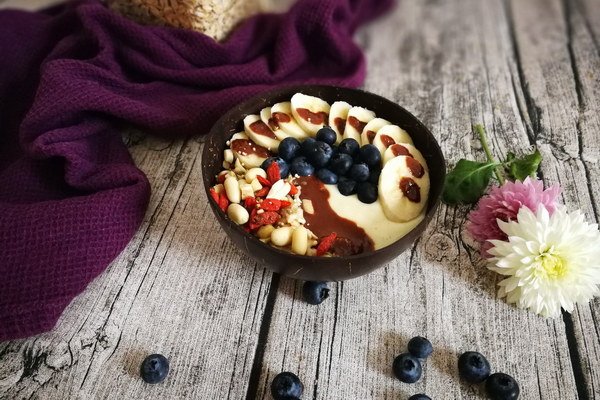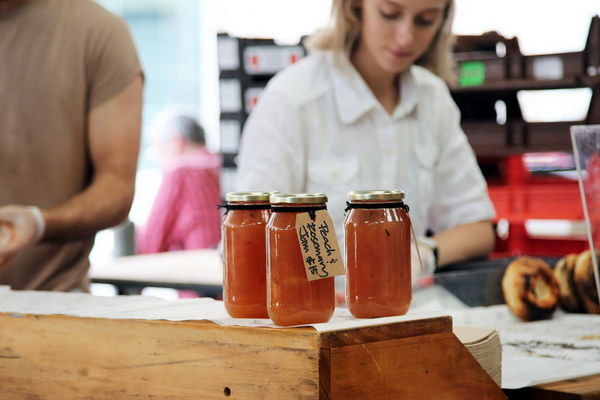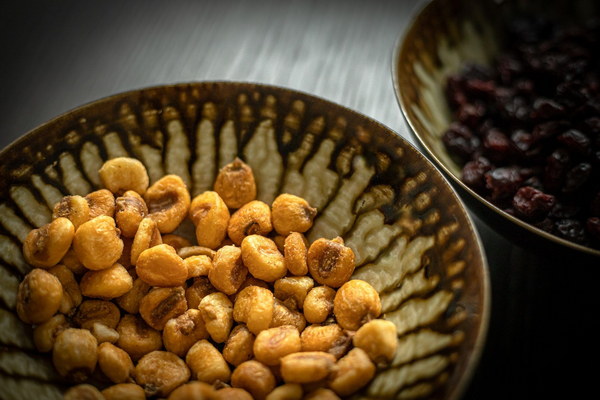Can Heat Uproot Dampness Exploring the Traditional Chinese Medicine Approach
In Traditional Chinese Medicine (TCM), the concept of balancing the body's Yin and Yang is fundamental to maintaining health. One of the most common imbalances in the body is dampness, which is often associated with symptoms such as fatigue, weight gain, and poor digestion. On the other hand, heat is another imbalance that can manifest as irritability, acne, and excessive thirst. The question then arises: Can heat uproot dampness? Let's delve into this intriguing aspect of TCM.

Dampness in TCM is believed to be a result of an excess of fluid in the body, which can lead to various health issues. It is often caused by factors such as poor diet, lack of exercise, and living in a damp environment. The theory behind uprooting dampness is to stimulate the body's natural processes to eliminate excess fluid and restore balance.
Heat, on the other hand, is an imbalance that can arise from various causes, including stress, overeating spicy foods, and excessive alcohol consumption. In TCM, heat is associated with inflammation and redness. The goal in treating heat is to cool down the body and reduce inflammation.
So, can heat uproot dampness? The answer is both yes and no. While it is true that certain herbal remedies and practices can help alleviate both dampness and heat simultaneously, it is crucial to understand that these imbalances are often interrelated and should be addressed together for optimal results.
One of the most effective ways to treat both dampness and heat in TCM is through herbal medicine. Certain herbs, such as Poria cocos, Atractylodes macrocephala, and Phellodendron amurense, are known to have diuretic properties and can help eliminate excess fluid from the body. These herbs are often combined with cooling agents like Scutellaria baicalensis and Radix rehmanniae to address the heat aspect of the imbalance.
Another approach to treating both dampness and heat is through diet and lifestyle changes. For instance, reducing the consumption of spicy and greasy foods can help alleviate heat in the body. Similarly, incorporating more foods with diuretic properties, such as cucumber, celery, and watermelon, can help eliminate dampness.
In addition to herbal medicine and dietary adjustments, other TCM practices can be beneficial in treating both dampness and heat. Acupuncture, for example, can help stimulate the body's natural healing processes and restore balance. Cupping and moxibustion are also popular techniques that can help alleviate both dampness and heat.
It is important to note that while treating both dampness and heat simultaneously can be effective, it is essential to seek guidance from a qualified TCM practitioner. TCM is a holistic approach to health, and an experienced practitioner will be able to tailor a treatment plan that is specifically suited to your individual needs.
In conclusion, while heat can uproot dampness to some extent, it is crucial to understand that these imbalances are closely related and should be addressed together for the best results. By incorporating a combination of herbal medicine, dietary adjustments, and other TCM practices, it is possible to restore balance to the body and alleviate the symptoms associated with both dampness and heat.
